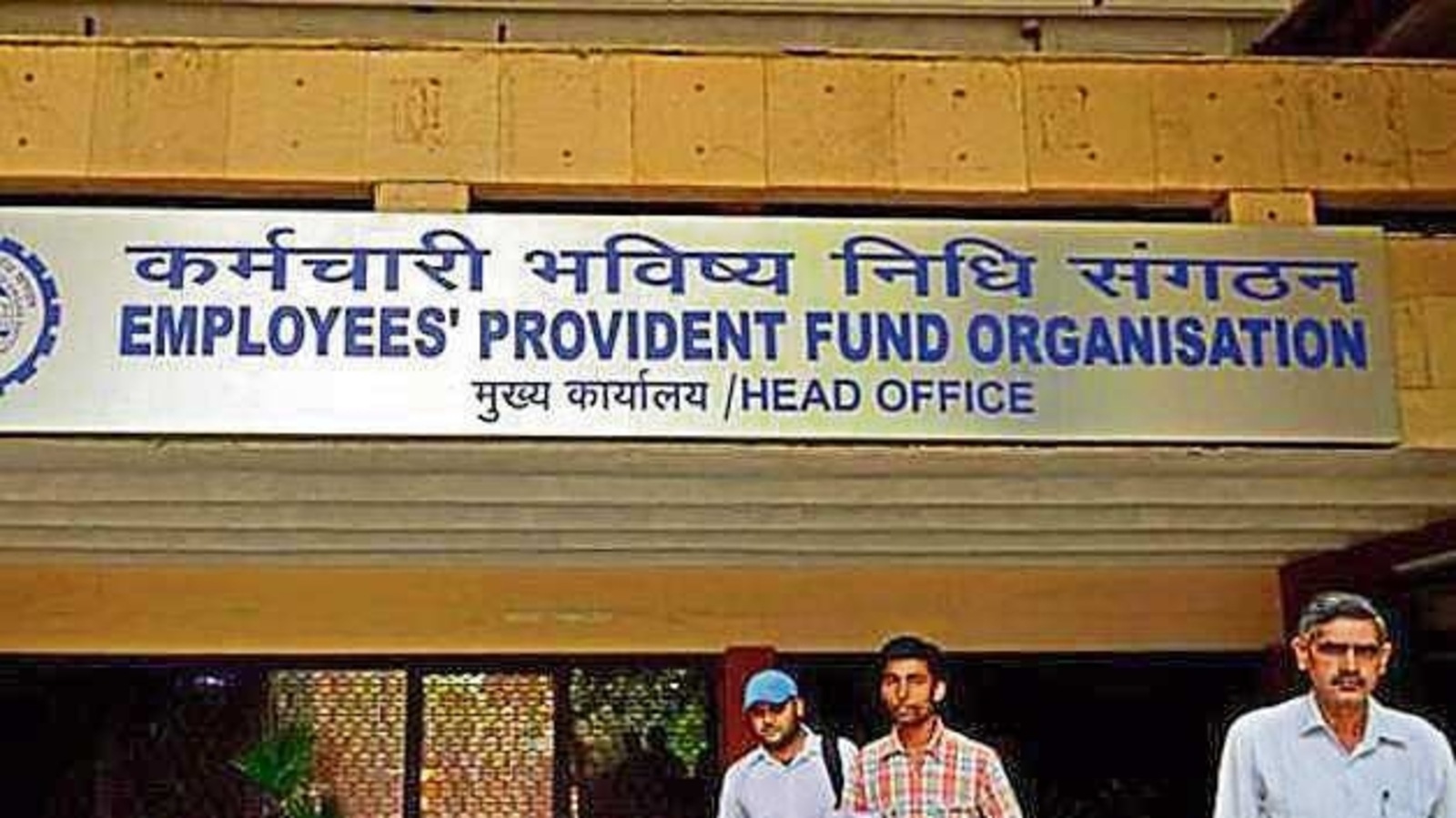EPFO mulls new pension scheme for formal workers getting over ₹15K basic wage
Retirement fund body EPFO is mulling a new pension product for organised sector workers who are getting basic wages of more than ₹15,000 per month and are not mandatorily covered under its Employees’ Pension Scheme 1995 (EPS-95).
At present, all those employees in the organised sector whose basic wage (basic pay plus dearness allowance) is up to ₹15,000 per month at the time of joining service are mandatorily covered under EPS-95.
“There has been demand for higher pension on higher contributions among the members of the Employees’ Provident Fund Organisation (EPFO). Thus, it is under active consideration to bring out a new pension product or scheme for those whose monthly basic wages are more than ₹15,000,” a source privy to the development told PTI.
As per the source, the proposal on this new pension product could come up for discussion in the meeting of EPFO’s apex decision making body Central Board of Trustees (CBT) on March 11 and 12 at Guwahati.
During the meet, a sub-committee constituted by the CBT on pension related issues in November 2021 would also submit its report.
The source explained that there are EPFO subscribers who are getting more than ₹15,000 monthly basic wages who are forced to contribute lower (at the rate of 8.33% of ₹15,000 per month into EPS-95) and thus they get lower pension.
The EPFO had amended the scheme in 2014 to cap monthly pensionable basic wages to ₹15,000.
The threshold of ₹15,000 applies only at the time of joining service. It was revised upward from ₹6,500 from September 1, 2014 in view of price rise and pay revisions in the formal sector.
Later, there were demands and deliberations to raise the threshold monthly basic wage to ₹25,000, but the proposal was not approved.
As per industry estimates, raising pensionable pay could have brought 50 lakh more formal sector workers under the ambit of EPS-95.
“A proposal for increase in the wage ceiling from ₹15,000 per month to ₹25,000 per month for coverage under the Employees’ Provident Funds & Miscellaneous Provisions Act, 1952 has been submitted by the Employees’ Provident Fund Organisation (EPFO). No decision in this regard has been taken,” former labour minister Bandaru Dattatreya had stated in a written reply in the Lok Sabha in December 2016.
The source said there is a need for a new pension product for those who are either forced to contribute lower or who could not subscribe to the scheme as their monthly basic wages were higher than ₹15,000 at the time of joining service.
The source added that there is no move to hike the pensionable salary cap by the EPFO in the immediate future and in that scenario, the body has to think about giving coverage to those formal sector workers who are excluded from the EPS-95 due to higher basic wages.
The matter of pensionable salary cap is also sub-judice in the Supreme Court. In 2014, Kerala High Court allowed the employees to contribute into the EPS-95 on the basis of the actual basic wages drawn by them.
In April 2019, the apex court had dismissed a special leave petition filed by the EPFO against the Kerala High Court judgment. In January 2021, the apex court recalled the dismissal order in the review petitions filed by EPFO.
In February, 2021, the apex court restrained the high courts of Kerala, Delhi and Rajasthan from initiating contempt proceedings against the Centre and EPFO over non-implementation of their verdicts.
For all the latest business News Click Here

